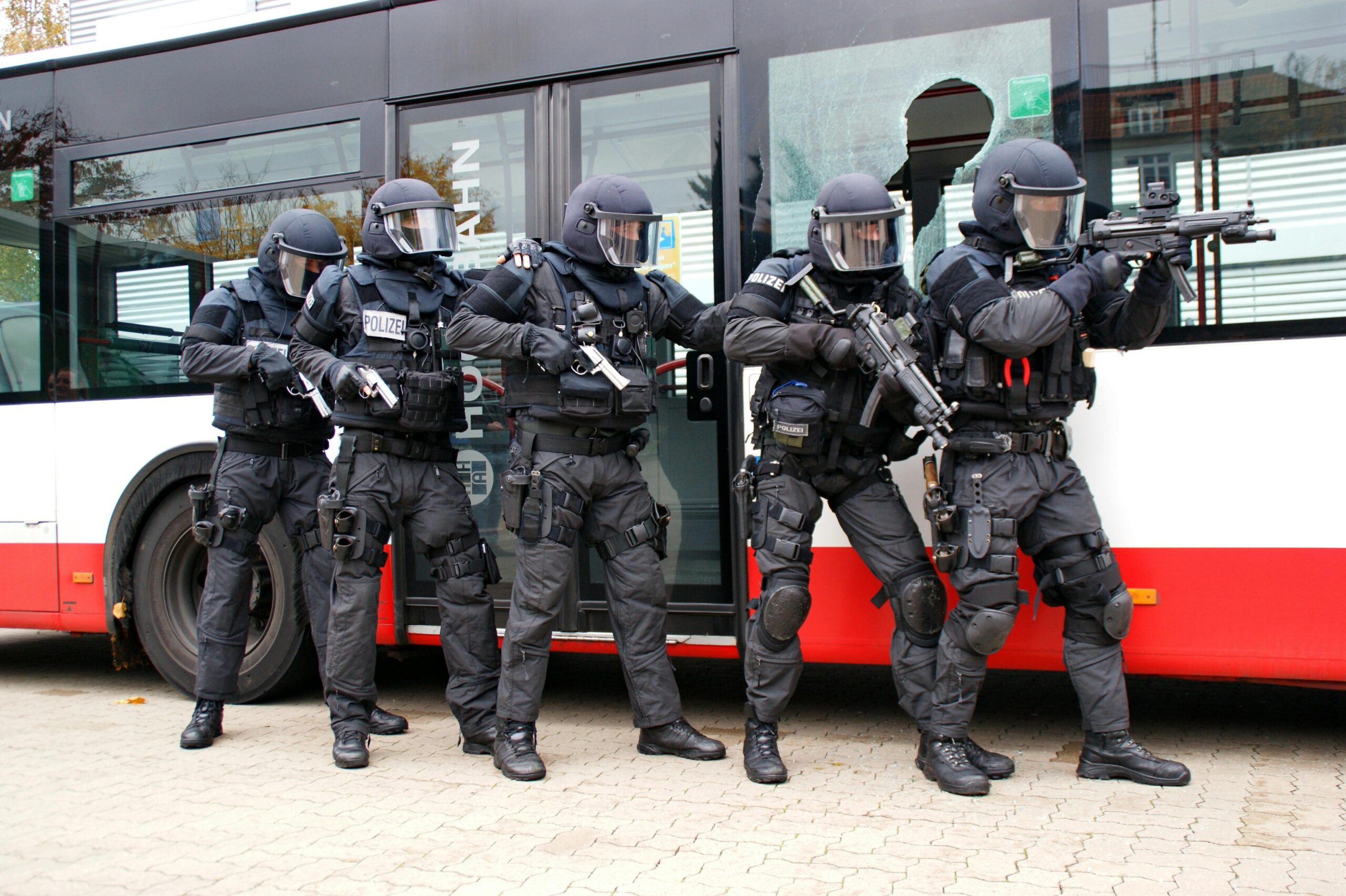“What happens when a loved one is taken, and your family is thrust into the chaos of a ransom demand?” It’s a question no one wants to face, but for those investing in kidnap and ransom insurance, understanding the role of law enforcement coordination could make all the difference.
In today’s unpredictable world, kidnappings are more than just Hollywood drama—they’re real threats that can happen anywhere. The good news? Specialized insurance plans and strategic alliances with law enforcement exist to mitigate these risks. Let’s explore how law enforcement coordination plays a pivotal role in resolving kidnapping cases tied to financial safeguards like ransom insurance.
This article will guide you through:
- The growing need for kidnap and ransom solutions
- How law enforcement teams partner with insurers
- Actionable tips to prepare for unforeseen crises
- Real-life examples of successful case resolutions
Quick Navigation
- Key Takeaways
- Why Is Law Enforcement Coordination Critical?
- Steps to Coordinate Effectively During a Crisis
- Proven Tips from Experts
- Examples That Prove This System Works
- Frequently Asked Questions About Insurance & Coordination
Key Takeaways
- Law enforcement coordination strengthens outcomes during ransom negotiations.
- Kidnap and ransom insurance often includes access to professional crisis response consultants.
- Preparation is essential: knowing local authorities’ protocols saves precious time.
Why Is Law Enforcement Coordination Critical in Kidnapping Cases?
You might think, “Isn’t it obvious? Of course, we call the cops!” But here’s the brutal truth—not every country handles hostage situations professionally. Some jurisdictions have limited resources or outdated methods. Meanwhile, others may even complicate matters due to corruption or miscommunication.

Optimist You: “At least I’ve got kidnap insurance—help is on the way!”
Grumpy Me: “Yeah, IF your policy provider has seasoned negotiators who actually gel with police units.”
To ensure proper collaboration between law enforcement and insurers, many top-level policies embed a ‘crisis management team.’ These experts know exactly whom to contact based on location data, jurisdiction quirks, and cultural norms. Yet too often, families panic and skip this step entirely. Result? Delayed rescues and potentially tragic mistakes.
Steps to Coordinate Effectively During a Crisis
Here’s where things get serious—but don’t worry, I’ll keep my instructions crisp. Imagine you’re stuck mid-heist without coffee (grumpier me again). Here’s what NOT TO DO… AND WHAT ABSOLUTELY MUST HAPPEN.
Step 1: Contact Emergency Services Immediately
Don’t assume silence buys time—it doesn’t. Notify authorities immediately while keeping communication lines open until trained responders arrive.
Step 2: Engage Your Policy Provider
Your insurer likely has a designated crisis hotline staffed by professionals skilled at interfacing with both victims and authorities.
Step 3: Share Verified Leads Without Bias
Avoid sharing personal theories about suspects unless they’re backed by solid evidence. Stick to facts; rumors only muddy investigations.

5 Tips for Leveraging Law Enforcement Coordination Better
- Know Who You’re Calling: Research local law enforcement contacts before traveling abroad.
- Document Everything: Write down timestamps, witness names, and other case-relevant details ASAP.
- Stay Calm, Stay Strategically Silent: Avoid giving away sensitive info over unsecured channels.
- Maintain Neutral Relationships: Be cooperative but firm with officers. A collaborative tone wins favors faster!
- (Avoid) DIY Negotiations: Yes, I once used “DIY strategies” thinking I was smarter than pros… Spoiler alert: They flopped harder than a bad TikTok trend.
Real-Life Examples Showcasing Success Stories
Take John Smith*, an executive traveling solo in South America. When he was kidnapped outside his hotel, his employer’s kidnap and ransom coverage kicked in within hours. Within two days, thanks to seamless coordination between international law enforcement agencies, private negotiators, and medical personnel—he returned home alive and healthy.

Frequently Asked Questions About Insurance & Coordination
Q: Does having kidnap insurance guarantee fast law enforcement response?
No. While insurance provides support systems and negotiation experts, final actions depend heavily on the efficacy of local authorities.
Q: How much does typical kidnap and ransom coverage cost?
Premiums vary depending on risk factors such as travel frequency, destinations, and job profile. Expect annual fees ranging from $500–$10k+.
Q: What common pitfalls should I avoid during a kidnapping incident?
Panic-driven decisions rank #1—like transferring ransom payments without vetting recipients or ignoring official advice altogether.
Conclusion
Navigating kidnap threats isn’t something anyone expects to deal with personally—but it happens far more frequently than most realize. With law enforcement coordination, supported by comprehensive kidnap and ransom insurance packages, peace of mind becomes achievable—even amidst chaos.
For better or worse, preparation remains king. And if life ever throws lemons at you, remember: squeezing ‘em into lemonade requires steady hands—and maybe some undercover backup!
Like waiting ages for Dial-Up Internet in 2004, solving kidnappings takes patience—but armed with smart tools, it’s definitely less nerve-wracking.


